After years of disappointments and delays, a new era is finally beginning for Overwatch fans. Over two years after its initial announcement, Overwatch 2 will launch a closed beta of its PvP mode on April 26, finally giving lucky players a chance to dive into five-vs-five competition as well as updated maps, a new game mode, and a powerful DPS hero.
Dot Esports got the chance throughout March to test the closed alpha of the sequel alongside Blizzard Entertainment employees and Overwatch League players, who will be using the build when the season begins on May 5.
What we found was a game that brought the chaotic spirit back to the world of Overwatch, no longer bound by endless shields or questionable map design. Though the sequel and its many new additions will certainly have some growing pains, Overwatch 2 should inject the community with the excitement it’s been hoping for this entire time.
Our impressions are based solely on the alpha build, especially after a major balance patch that took place March 24, and may not reflect the beta as it progresses over the next few months.
New additions
On an aesthetic level, Overwatch 2’s updated engine makes everything feel smoother and more engaging. Even small changes, like the cleaner in-match user interface and updated sounds, make the game feel like it’s gotten a much-needed tune-up. The new ping system also adds a level of accessibility for players who don’t want to hop into voice. It has a learning curve but is easy to get adjusted to.
Though nearly every hero got at least a minor rework for Overwatch 2, the true draw of the PvP beta is the shiny new features for players to sink their teeth into. These additions give a new life to a game that, at points over the past year, felt as if it was fading.
Overwatch 2 brings the Push game mode—along with two new maps, New Queen Street and Colosseo—to effectively replace Assault (also known as 2CP) in both casual and competitive play. Regardless of if it was intentional, Push ended up the polar opposite of the Assault game mode, and all of us are better for it.
At its best, Push is a speedy and often-chaotic mode that brings to mind the earliest days of base Overwatch, where no one knew what they were doing aside from shoving a payload across a map. Somehow, that’s deeply satisfying after years of stale metas and set plays.
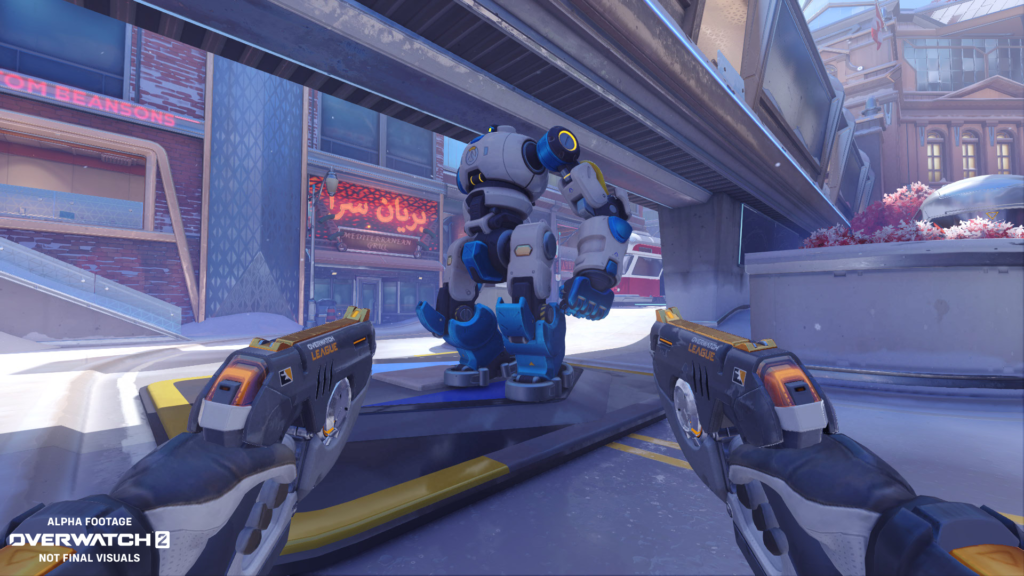
Both Push maps have a set “path” for players to guide the cheery and wonderful T.W.O. robot, likely to be the community’s next obsession, to selected destinations. Along the way, however, it feels like the maps have a nearly limitless amount of entry and exit points for teams and flankers. This is both the mode’s boon and its detriment: fewer choke points make for a more exciting game mode, but players might get easily overwhelmed by constant surprise attacks.
This extends to the two other new maps the sequel brings, Escort map Circuit Royal and Hybrid map Midtown. Both have intense vertical stages the base game lacks, opening players up for a more mobile game that benefits everyone. For the best, the days of mindlessly attacking the seafort walls of Havana for a solid four minutes are over.
Sojourn
No matter how many fancy maps the developers added, the real star of the PvP beta was always going to be Sojourn. As the first hero released in over two years, her speedy railgun-style damage dealing was primed to be a hit. Luckily for fans, it is—with a few caveats.
Sojourn is, above all things, truly fun to play. Her Railgun’s primary fire feels like something out of a sci-fi game in the best way possible, racking up glowing energy as you build up direct hits. Using her secondary fire that operates on that stored energy takes a lot of getting used to, but it can be deadly after you get adjusted.
Her Disruptor Shot, which slows players and deals damage, is fun to use but much less fun to play against. After getting used to the sound cues, it’s easy to dodge but can quickly overwhelm lower-health heroes and become the most irritating ability left in the game. Her ultimate, Overclock, will similarly induce either awe or rage depending on which side of it you’re on.
In the hands of players that have great tracking, like the Overwatch League’s best, Sojourn can destroy a team when given ample support. We don’t doubt she’ll be tuned down in the future. For now, players can enjoy the fun of a new hero with a kit that doesn’t feel impossible to use or avoid. We certainly couldn’t say the same about Brigitte or Echo on their respective launches.
Hero reworks
Many Overwatch players have been yelling into the void of social media in pursuit of more balance and fewer “annoying” abilities for the better part of the last two years. We’re happy to say their demands weren’t ignored heading into Overwatch 2.
Several of the game’s most rage-inducing abilities, like Brigitte’s Shield Bash and the freeze function on Mei’s Endothermic Blaster, have been removed entirely or replaced. For example, Cassidy’s Flashbang is now an electromagnetic flash that deals damage without opening players up to instant headshots.
Abilities that required full commitment and often meant certain death, like Reinhardt’s Charge, have been tweaked to be more user-friendly, while heroes that have stagnated due to weak abilities have been tuned up. Take Zarya, who now has multiple charges of her shields sharing a cooldown, allowing for quicker play and better energy gathering.
Of all the things Overwatch 2 developers did right, this is one area in which they absolutely excelled.
Fully reworked heroes are also a delight. While Doomfist is less of a menace in the backline now that he’s been re-imagined as a tank, he’s still just irritating enough to stay in the enemy’s faces and demand space. Orisa is overwhelmingly the best rework of the PvP beta. No longer satisfied with standing behind a shield, the tank is now a javelin-throwing dynamo with an ultimate that spins enemies into destruction. Do not underestimate the Orisa blender.
Overall gameplay
Longtime Overwatch players remember the early days of the game, where locking six D.Vas to keep a point held was a real strategy. While the sequel doesn’t quite bring that level of chaos back to the game, the switch to five vs. five and numerous hero reworks give a level of excitement to Overwatch that we haven’t felt in years.
Having five-player teams means that every elimination feels like it actually counts in games of Overwatch 2. Every player feels like they’re truly accomplishing something during a match. The ability to carry—or be lazy and get carried—is greatly reduced, meaning matches feel much more engaging than they do in the base game.
Matches feel much faster, and new maps especially bring a level of much-needed chaos to the game. Enemies come out of nowhere to stage attacks and teammates are scattered in different areas. This could be a detriment for new players, who will likely be overwhelmed and may not enjoy the experience. But for longtime Overwatch fans, it’s exactly what they’ve been asking for.
The days of standing behind an Orisa shield and sitting on a payload for a solid three minutes are, thankfully, long gone. That said, the one detriment of the PvP beta is that the importance of certain roles often seems unbalanced.
In base Overwatch, a good DPS player can carry a team to victory if they’re given enough support. While this isn’t a good model whatsoever, the power seems to have swung in the other direction in Overwatch 2. From our experiences, it seems that tank players hold all the power.
During a match, losing a DPS player reduces damage, but the team can survive. Losing a support feels just as catastrophic as it does in the base game. Losing your only tank, however, feels like an instant death sentence for the entire team in Overwatch 2.
Beyond that, a difference in skill feels much more obvious in the tank role. A better support is barely noticeable and unless they’re hitting headshots constantly, a great DPS is only a mild boon. Having a better tank feels like the easiest route to certain victory, which could be bad news for team balancing.
There’s a deep potential for the game to feel unbalanced in this manner, especially as more heroes come into the fray. Overwatch 2 is still a work in progress, though. If getting destroyed by talented tank players is our biggest complaint, players should do well to remember we could have it a lot worse. Log into a game on Hanamura and report back.
Overall, Overwatch 2 is chaotic, fast-paced, and often unpredictable. Though it will definitely have to outlive some growing pains, this iteration of the game is the excitement that players have been begging for. If you’re lucky enough to get coveted entry into the next era of Overwatch, queue up with a few friends; you’ll remember why you fell in love with this game in the first place.


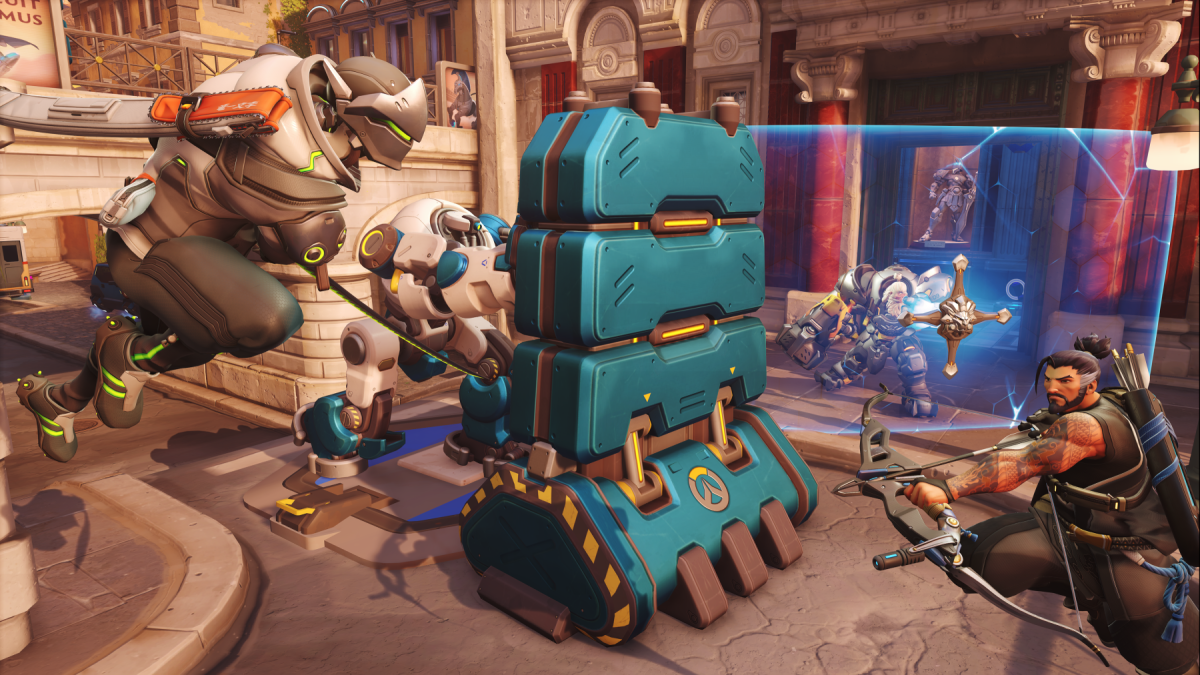
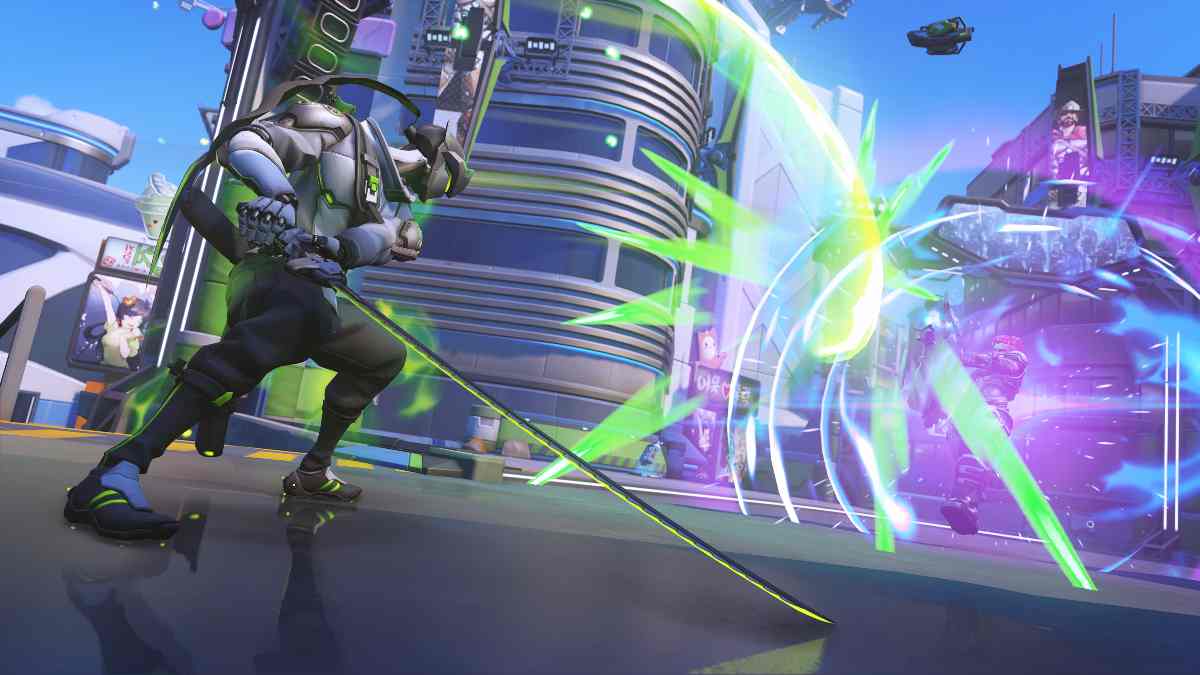
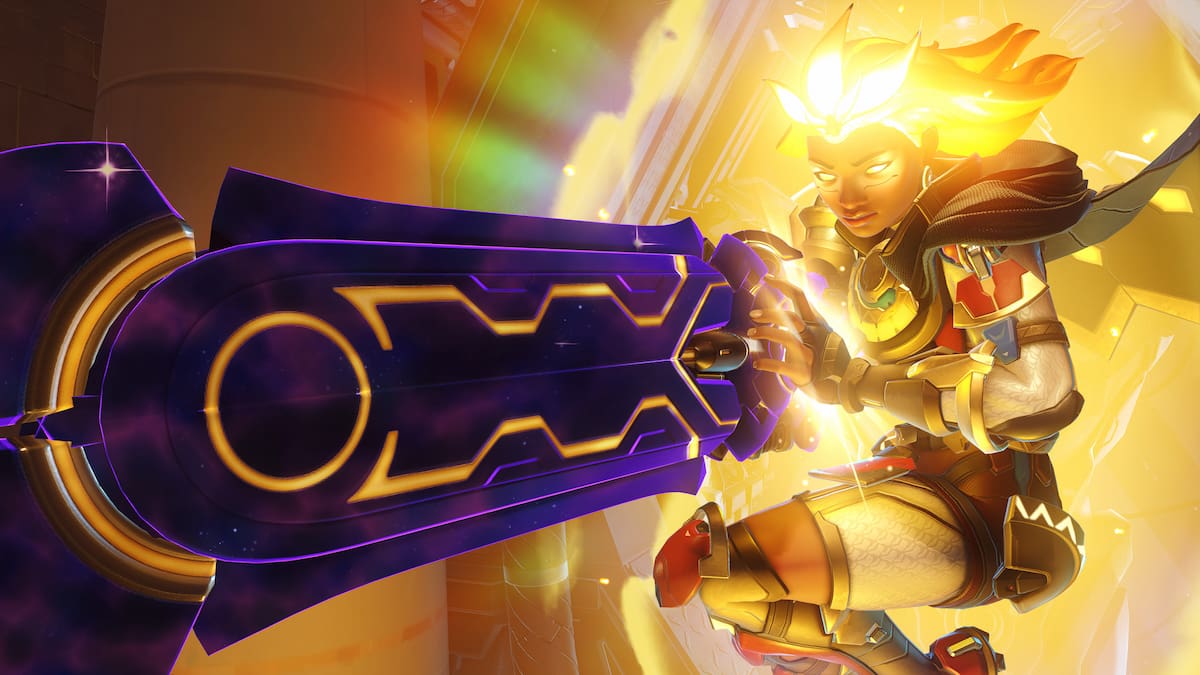
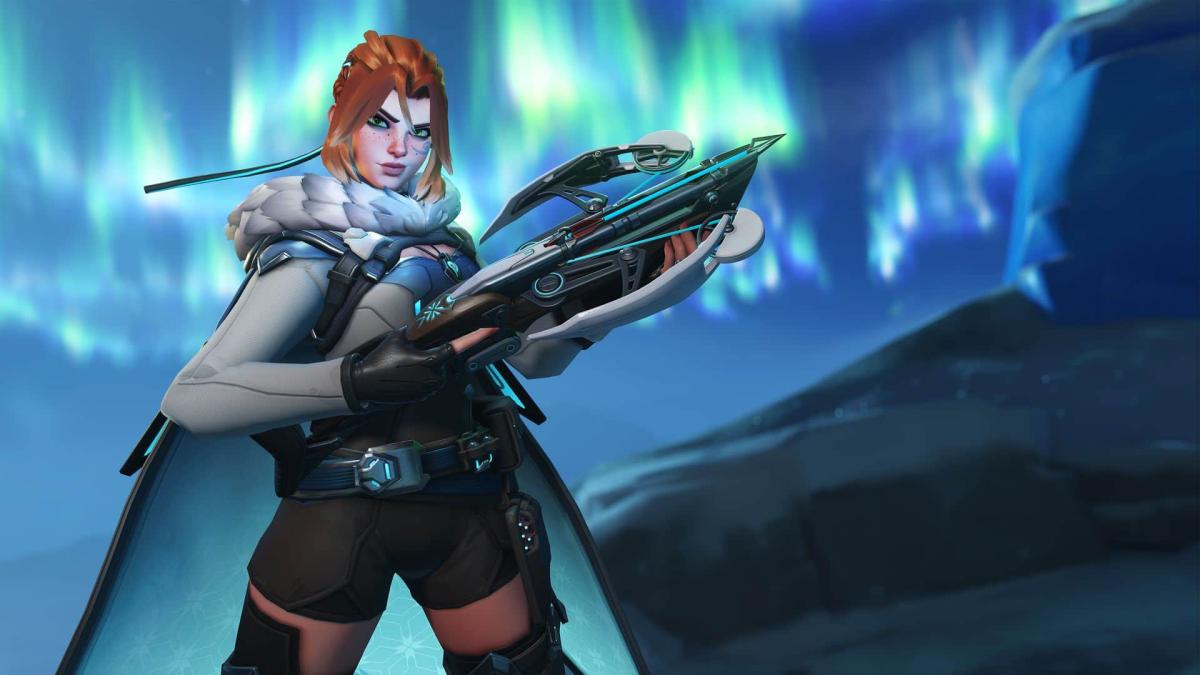
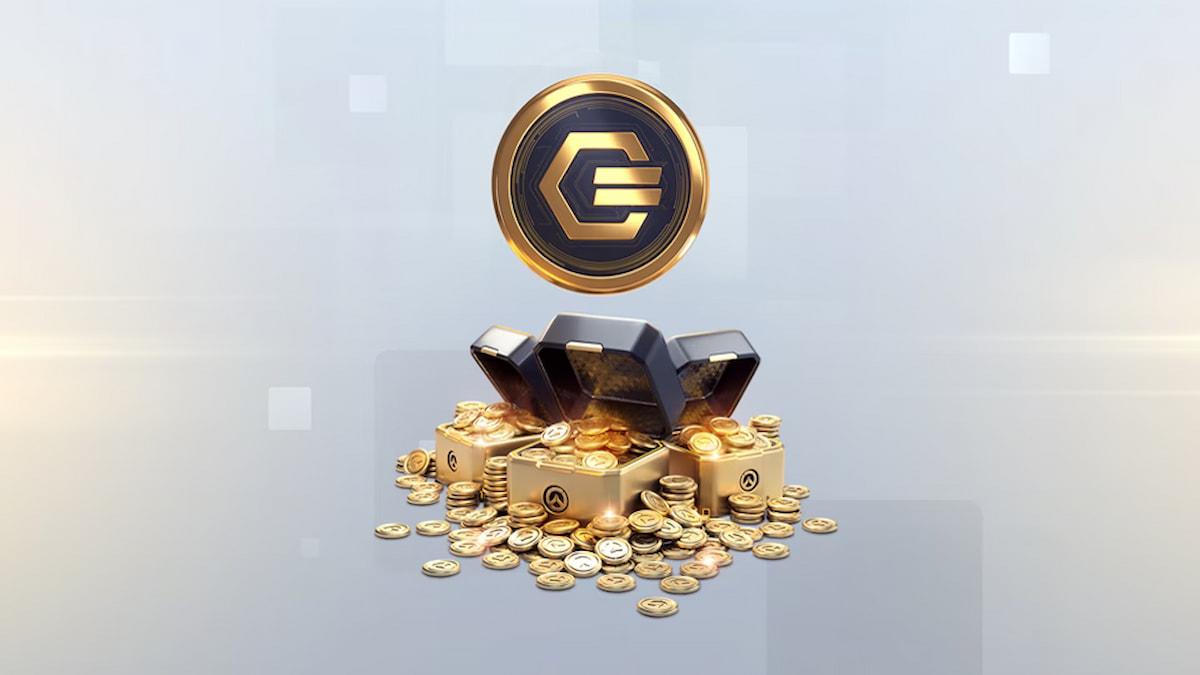

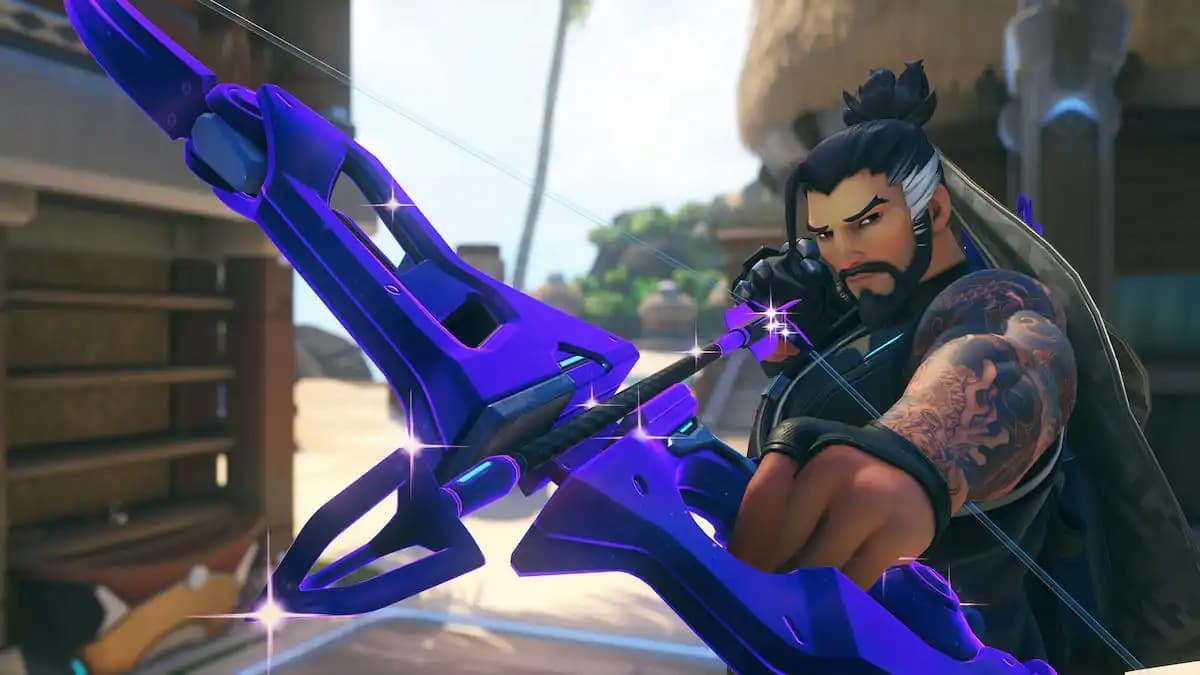

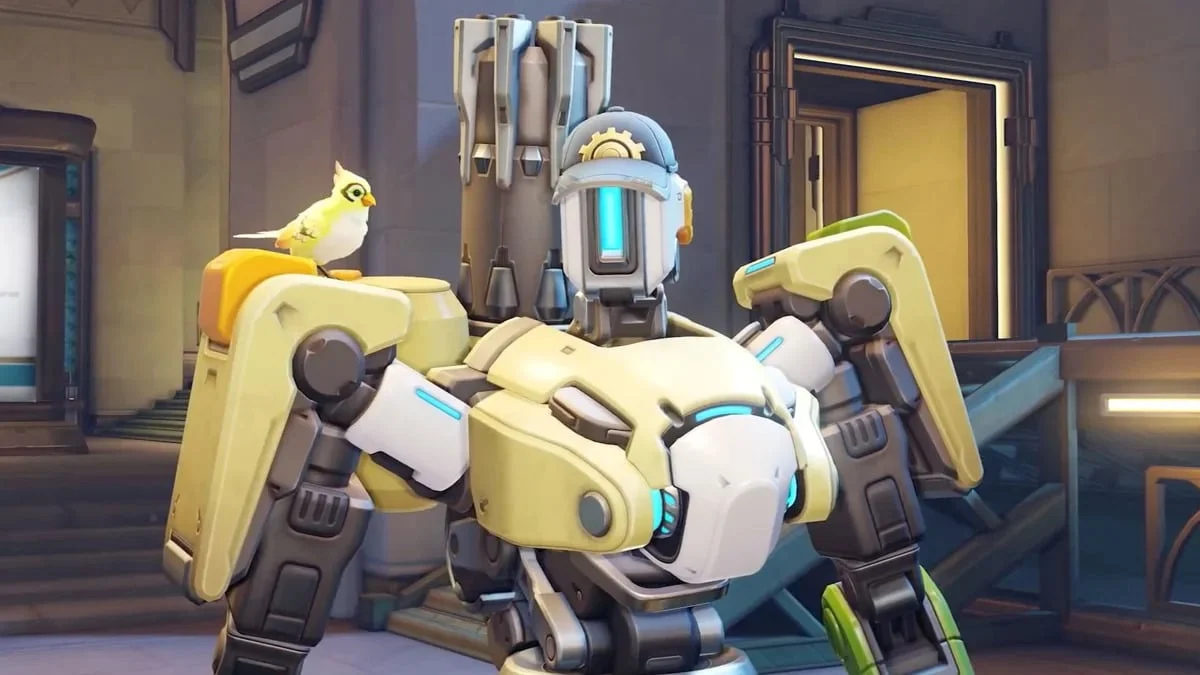
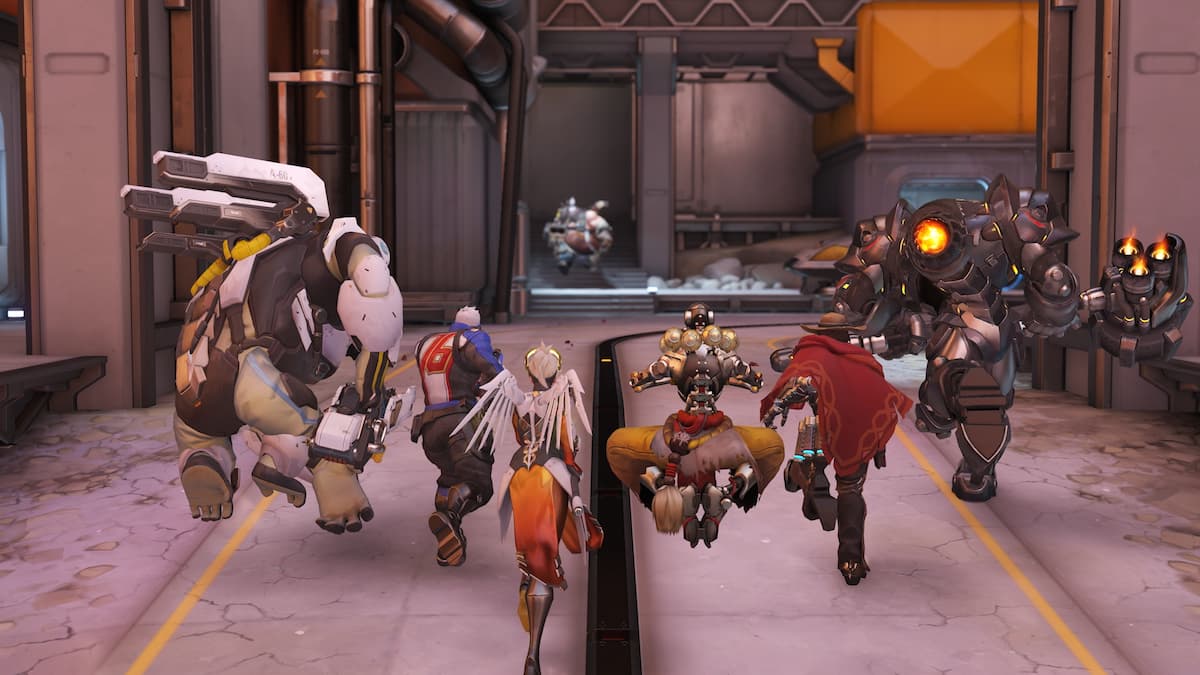
Published: Apr 21, 2022 11:00 am